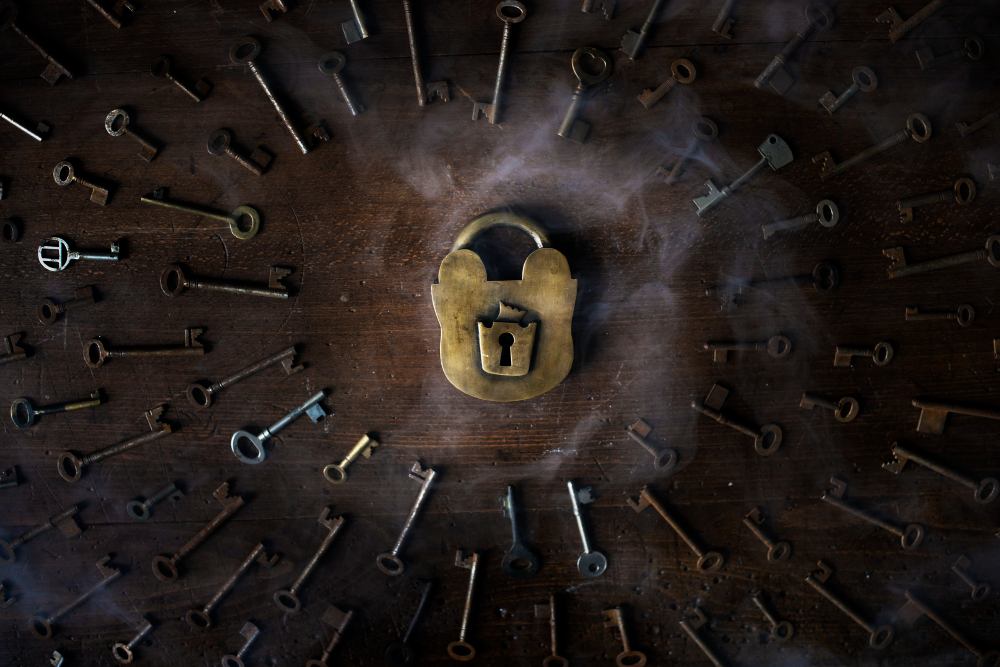A Guide to Antique Locks
Antique locks occupy the minds of today's digital age of security systems and biometric access with thoughts of nostalgia and mystique. Every lock tells a different story, showing the proof of centuries of human creativity and skills. These locks provide an insight into the life of the past. They are not only decorative but also evidence of technological progress and the societal requirements of earlier times.
A Journey through History
The locks we see today can be traced back to very old civilizations like Egypt and Mesopotamia. The development of locks synchronized with the civilization through the ages, each period contributing to the structure and functionality of these security systems.
Medieval Europe was the location of a glorious past of talented locksmiths, crafting complex locks for castles, churches, and noble residences. Such locks were not just a display of wealth but also often wonders of engineering tricks with hidden locks and traps, put to deter possible intruders.
Understanding the Operation of an Antique Lock from the Interior
An antique lock's inner workings are a treasure vault of its own, a well-devised mechanism whose only purpose is to do two things well, lock and unlock with the finest degree of accuracy. Let's take a look at two out of the few antique lock types:
Lever Locks
They represent one of the most used locks of antique type which consists of the portion of levers that needs the correct key size for disengagement of the mechanism. Each lever which usually works with a bolt or lock pin, does not move until the lever is raised to the correct height. Some types of lever locks are more complex and contain several stages or tiers of levers to make the lock more secure.
Pin Tumbler Locks
The mechanism behind a pin tumbler lock, or a cylinder lock, involves causing the pins of different lengths within the cylindrical plug to align. With the right key, it operates the pins to align the way they want, giving the plug the ability to turn and release the lock. Although most popular pin tumbler locks are found in keys these days, they have rich histories dating back many centuries.
Aging Signs and Common Issues
The rust, corrosion, and wear can be signs of aging of antique locks. This will happen if the locks come in contact with moisture or harsh conditions. Parts like tumblers that are inside the watch may cease working and therefore functionality also may be affected. Appropriate maintenance or professional repairs can prevent the situation from getting worse.
Guaranteeing the Quality of Antique Lock Parts that are Purchased
In choosing antique lock components, there are some things you can do to make sure those components are in good condition.
- First, check them thoroughly for any damages, rust, or corrosion, and ensure that they work flawlessly without any moving parts being problematic.
- If feasible, try opening the lock with an actual key to make sure it opens properly.
- It is worth consulting a trusted locksmith or antique expert before making purchases as well. Through these simple steps, you can make sure that the antique lock components you purchase are in perfect working order and are worthy of being added to your collection.
Conclusion
When it comes to resolving your security issues in no time and ensuring peace of mind, trust our locksmith professionals.
We not only deal with the unlocking of the doors at QuickPro Locksmith, but we also guarantee your peace of mind and confidence with every service. Call us today to experience the difference in service delivery.

